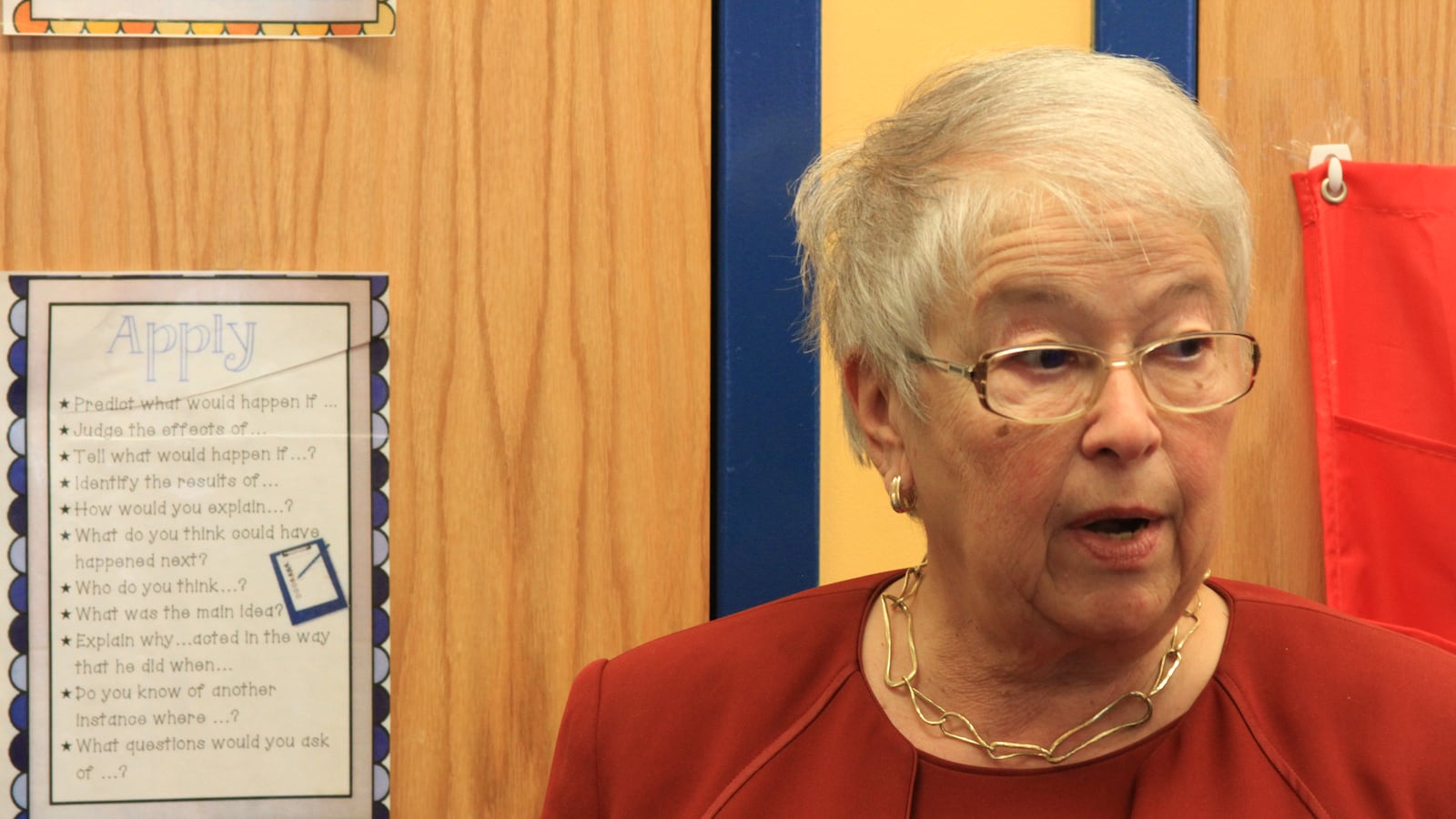Chancellor Carmen Fariña told City Council members Wednesday that the city’s classroom breakfast program has had a “rocky start,” and signaled that metal detector policies could shift by next fall.
Her testimony, which stretched nearly three hours, mostly underscored her support for Mayor Bill de Blasio’s proposed budget. She applauded everything from a proposed funding increase for hundreds of schools to “good will” partnerships between district and charter schools to initiatives that would dramatically expand computer science training by 2025.
But she also addressed programs that aren’t working as well as she hoped, and a few potential policy changes. Here are some of her comments:
Breakfast in the classroom
Though Fariña acknowledged the free breakfast program “has had a rocky start,” she said the education department is still planning “to roll it out totally.”
Classroom breakfast has faced its share of criticism for cutting into instructional time and what Fariña called a misconception that students were eating two breakfasts – or none at all. “We’re making adjustments to address parent concerns,” she said.
The pilot program, which eliminates the requirement that students arrive early to receive free breakfast, is scheduled to arrive in all stand-alone elementary schools by the 2017-18 school year.
Metal detectors
Fariña noted that the department is still reviewing policies on its use of metal detectors in schools, and said some decisions would be made by September.
“I would say the people [who] want it is much smaller than the people who say we might want to rethink it,” Fariña told reporters. “The problem with the rethinking is, it’s got to be targeted to data. You want make sure that when you remove something that the school stays as safe.”
Some student advocates have repeatedly criticized the presence of metal detectors in schools, which scan tens of thousands of students each day. According to a recent WNYC analysis, nearly half of all black high school students pass through metal detectors, compared with just 14 percent of their white peers.
City officials said last year that they were taking a look at where they might be able to remove the scanners, citing improving school safety across the city. But the department has also been under pressure in recent weeks to respond to reports that violent incidents in schools have actually spiked.
The opt-out movement
With state tests set for next month, and discussions of boycotts again growing, Fariña told reporters that parents have the right to make decisions about their own children.
But she also reiterated points she made in a letter to school principals this week, noting that the tests have changed in response to parent concerns and that students will have unlimited time to complete them.
It would be unprofessional for teachers to influence students about their decision to take the standardized English and math tests, Fariña said, adding that she “really just [wants] a balanced discussion.”

